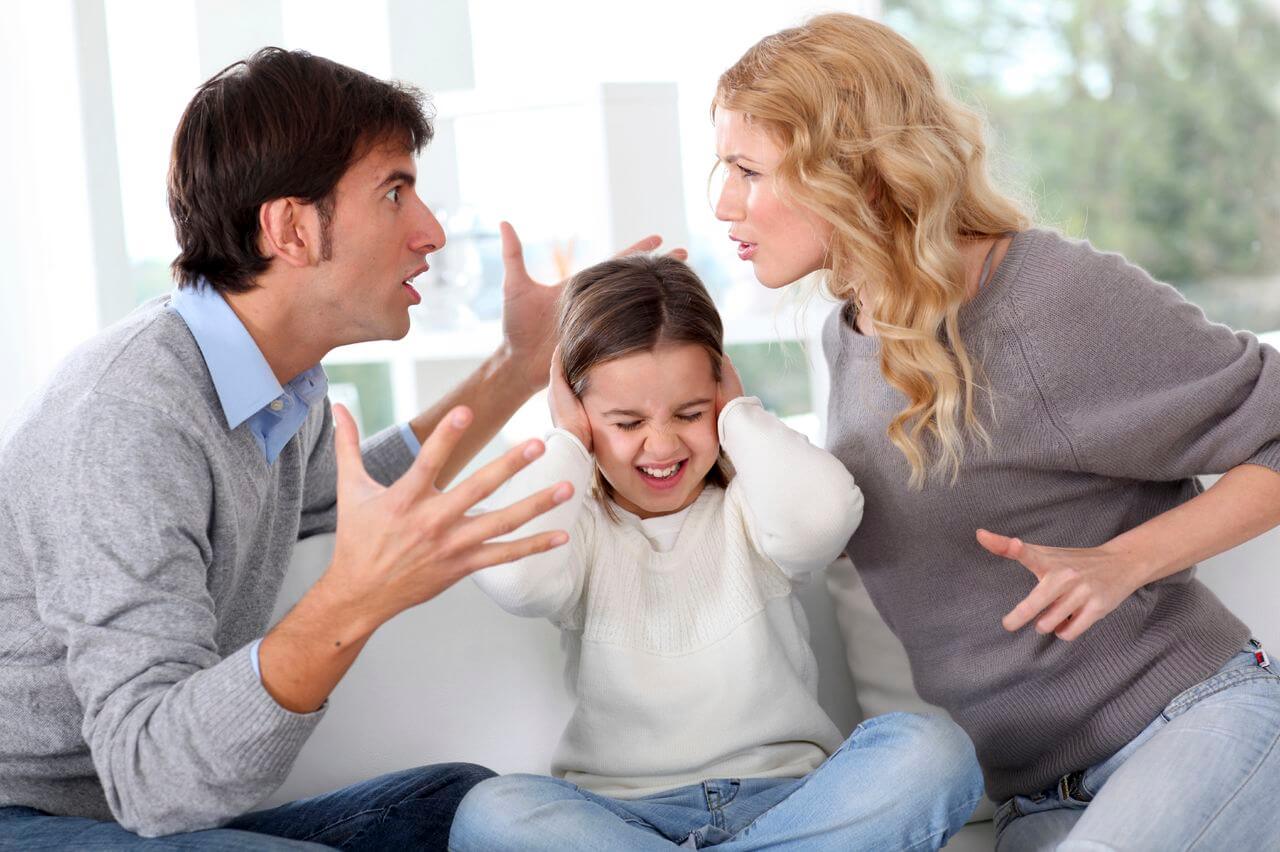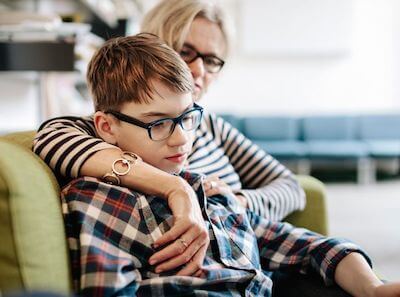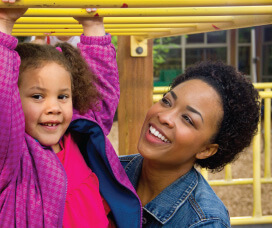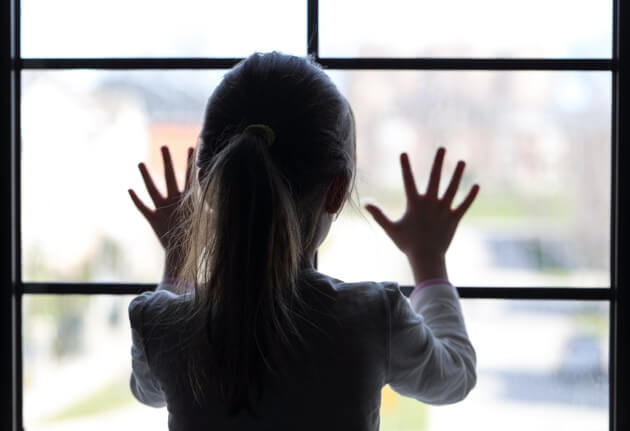Divorced Parents’ Biggest Mistakes To Av
By Rosalind Sedacca, CDC Let’s face it, we all make mistakes we regret. It’s part of the learning process. This is especially true for parents. But when we make mistakes as DIVORCED PARENTS, the impact can be even more lasting – and dramatic! So, here’s the bottom line: It’s far better to set the course straight today than to reap the consequences years from now when your adult children ask: Mom/Dad, what were you thinking? Of course, coping with the challenges of parenting after divorce or separation can be very frustrating and difficult. It takes enormous awareness and compassion. With that in mind, here are the most emotionally damaging mistakes that negatively impact children of divorce. Don’t be guilty of making these mistakes: Fighting around your children. Even if it’s on the phone or in another room, if they can hear you, it’s a source of pain, confusion and deep












